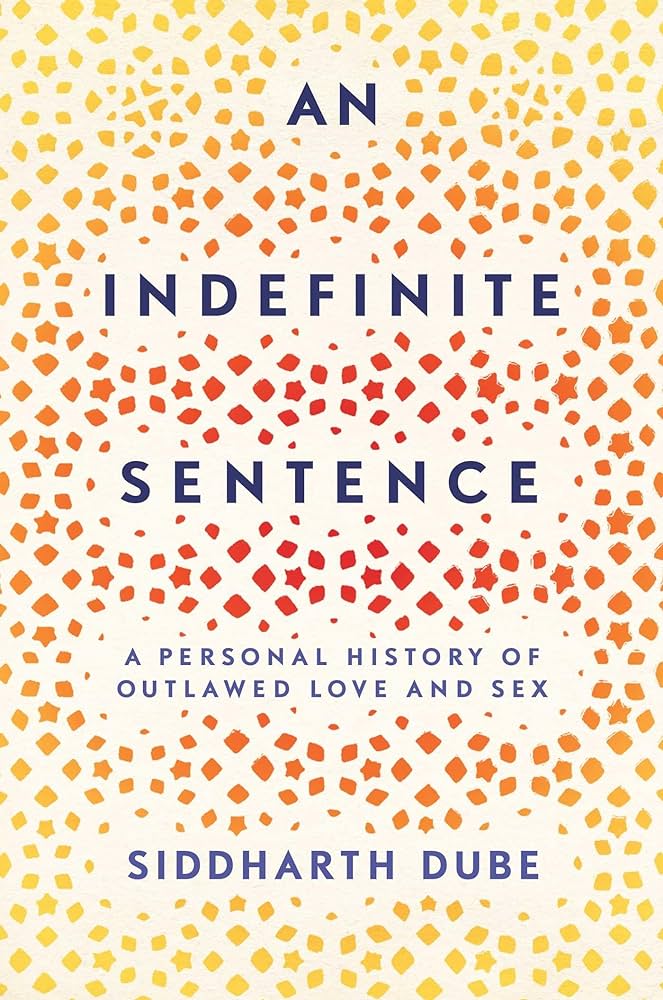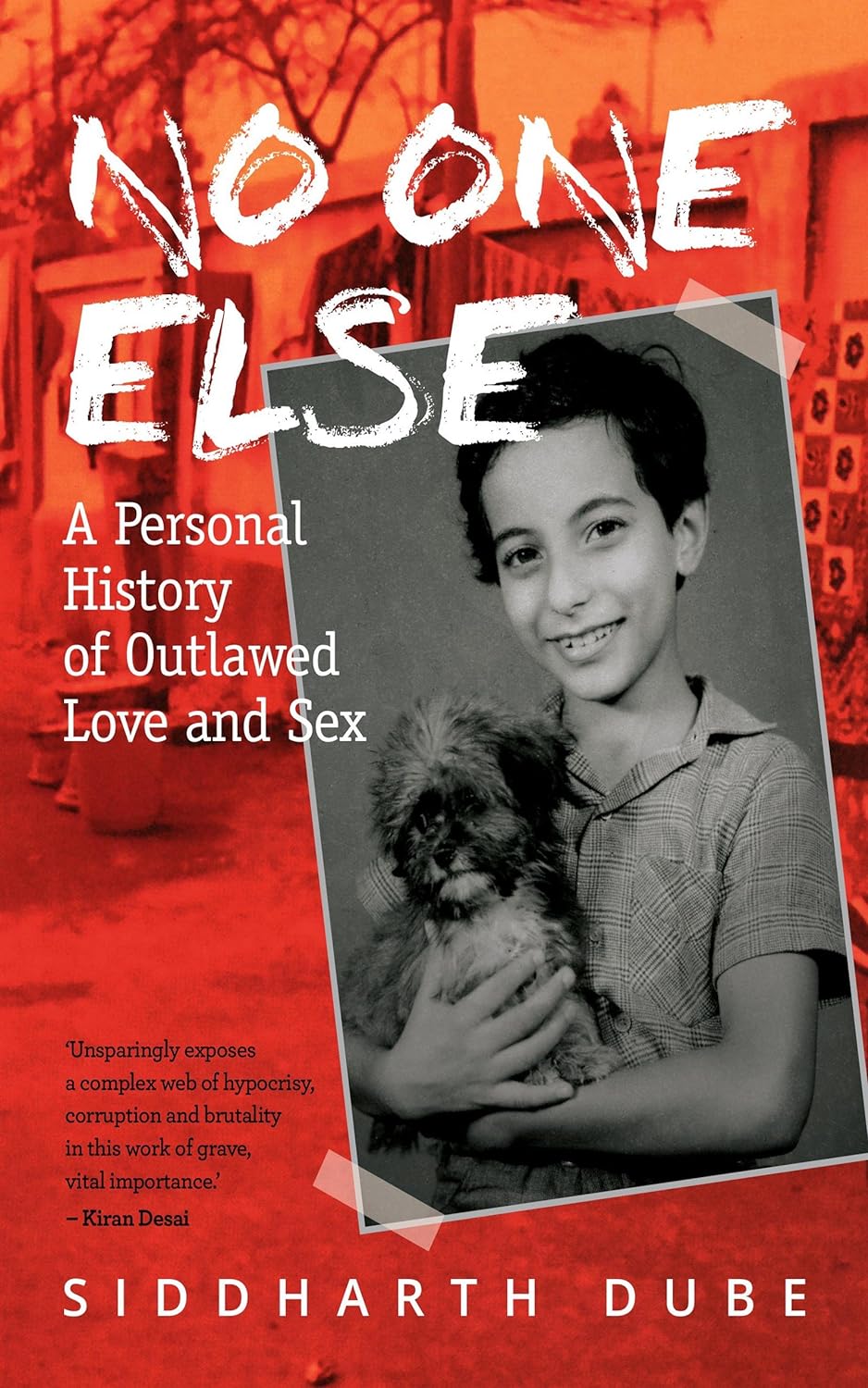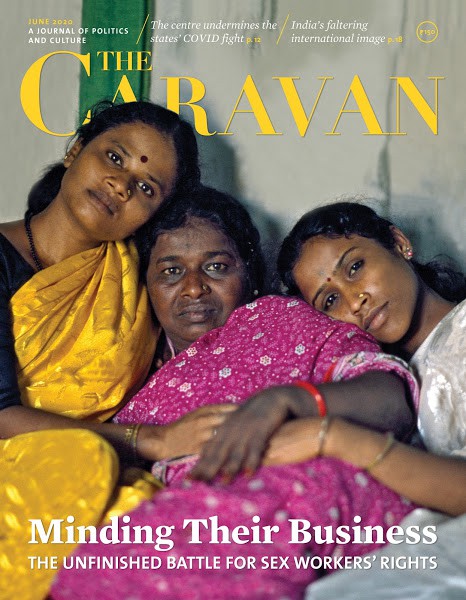A New York Times Editors’ Choice Book
– & – Shortlisted for the 2020 Lambda Literary Award
“Heart-stopping…Although this is a personal memoir, it is also a memoir of work. Work helped Dube find himself. And work allowed him to live a life he could be proud of…Dube gives his readers the substantial gift of hope. The sentiment is, in fact, the spine of his memoir.”
“A public health visionary gets personal with a powerful exploration of ‘the beguiling possibilities of gender beyond the conventional bipolarity of male and female, and the mysterious, limitless permutations of sexual desire.’…A gripping memoir about a gay man with feet in India and the U.S. as well as a book about how to put together a life.”
See More >
Shortlisted for the Crossword Jury Award
– & – Long-listed for the Tata Book of the Year Award
“Journalist-activist Siddharth Dube’s memoir…is both a personal and political journey. In recounting his own painful realisation that he is different, he provides a scathing indictment of the education system, particularly the tony Doon School, of the country’s policy on AIDS, the political establishment’s attitude to homosexuality and the deep-seated hypocrisy surrounding prostitution not just in India but also in the West…His ability to relate to others who are oppressed is moving and memorable.”
“The year’s best books….journalist Siddharth Dube’s brave, sensitively told coming-of-age account as an upper class gay man and the persecution he faced.”
See more >
Winner of two 2021 Laadli Media Awards for gender-sensitive investigative journalism
“THERE WERE BREATHTAKING SIGNS in that heady era, when India was celebrating 50 years of independence and a new millennium shone ahead, that a revolution was underway for the country’s sex workers. In November 1997, some five thousand women, hijras and men who sold sex reached Kolkata from far-flung parts for a national conference, the first of its kind, organised by the city’s pathbreaking sex workers’ collective—the Durbar Mahila Samanwaya Committee, or “indomitable women’s collaborative committee.”


